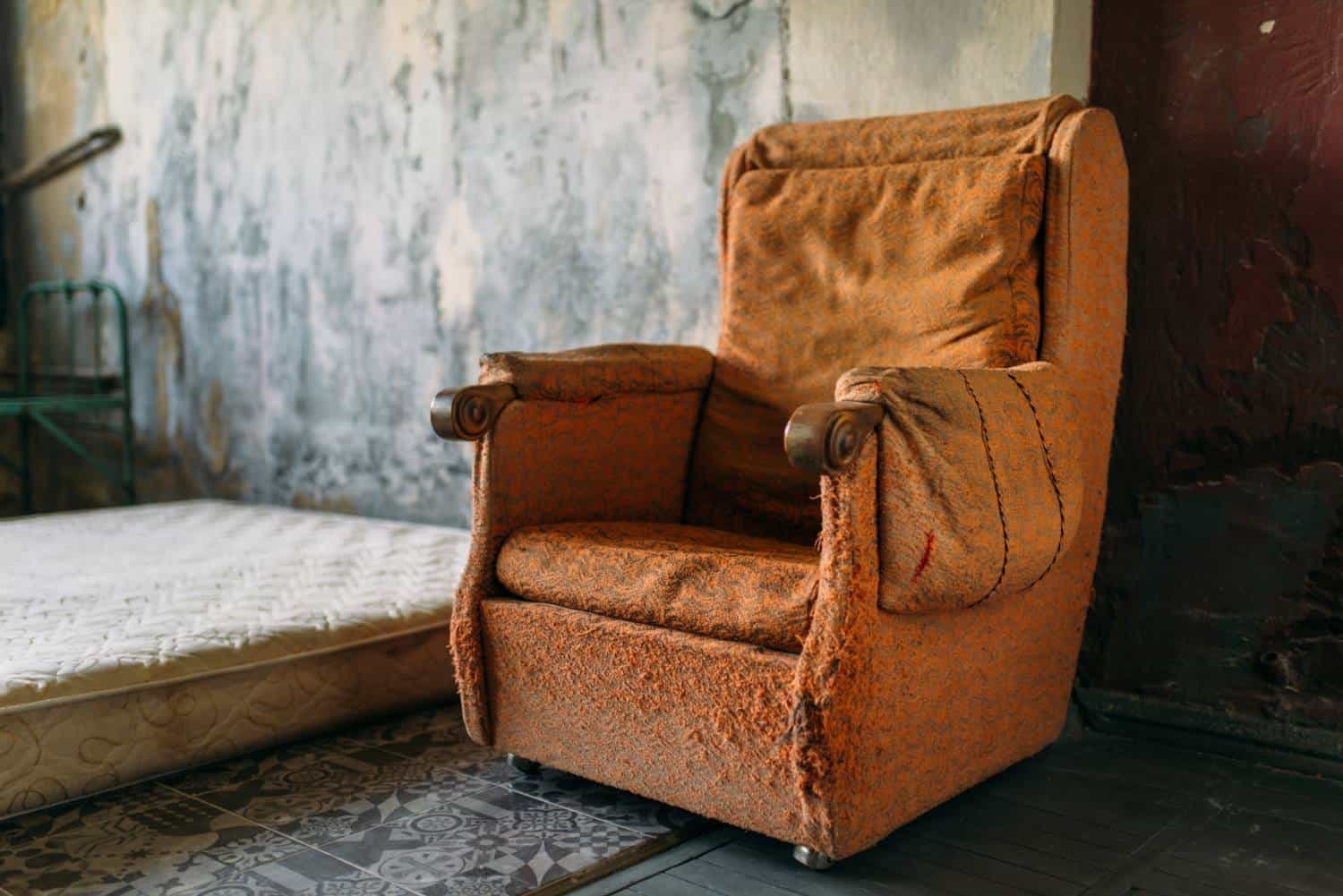
Disclaimer: As an Amazon Associate, “Furniture UK” earns from qualifying purchases.
Are you debating whether to purchase an additional warranty for your new furniture? It’s a common question many of us face when buying furniture. While warranties can provide peace of mind, they can also add to the item’s overall cost. So, how do you decide whether a warranty is worth the extra expense? Factors like the furniture cost and your lifestyle can affect your decision-making process. Please keep reading to learn when it may be worth investing in a warranty for your furniture.
What is Furniture Warranty?
“Furniture Cover” is a protection plan that covers your furniture against damages, defects, and other issues that may arise during use. These warranties vary in length and coverage, depending on the furniture manufacturer and your specific plan.
Most furniture warranties cover defects in craftsmanship or materials, such as broken frames, loose joints, or ripped upholstery. Some warranties may also cover accidental damage, such as spills or stains, though this is less common. It’s important to note that furniture cover is different from furniture insurance. While a warranty covers specific problems with your furniture, insurance offers broader protection against a range of risks, such as theft, fire, or natural disasters.
When considering purchasing a furniture warranty, it’s essential to read the terms and conditions carefully to understand what is and isn’t covered. Some warranties may have exclusions or limitations that could impact their usefulness, so it’s essential to be aware before deciding.

What does a furniture warranty cover?
Furniture warranties coverage can vary greatly depending on the retailer and your specific plan. However, most warranties cover defects in manufacturing, such as broken or missing parts, structural damage, and issues with the finish or fabric. Some warranties may also cover accidental damage, such as spills or stains, but this is not always true. For example, Furniture Village offers a 20-year structural guarantee.

It’s essential to read the fine print of any warranty before purchasing to understand what is and isn’t covered. Some warranties may have limitations or exclusions, such as not covering damage caused by pets or neglect. Some warranties may require you to take specific actions, such as regular cleaning or maintenance, to keep the warranty valid.
Pros of Paying for a Furniture Warranty
Buying furniture can be a significant investment, and it’s essential to protect that investment. Here are some advantages of paying for a furniture warranty:
- Peace of mind: One of the most significant benefits of a furniture warranty is its peace of mind. Knowing that your furniture is protected in case of damage or defects can give you peace of mind and reduce stress.
- Financial protection: Furniture repairs and replacements can be expensive, and a warranty can help you avoid these costs. Paying a small fee upfront can save you a lot of money in the long run if something goes wrong with your furniture.
- Extended coverage: Most furniture warranties cover defects and damage not covered by the manufacturer’s warranty. This comprehensive coverage can provide additional protection for your furniture.
- Increased resale value: In some cases, a furniture warranty can increase the resale value of your furniture. If you plan to sell your furniture, having a warranty can make it more attractive to potential buyers.
Paying for a furniture cover can be a wise investment that provides peace of mind, financial protection, extended coverage, and increased resale value. However, it’s essential to read the terms and conditions of the warranty carefully to ensure you understand what is and isn’t covered.
Cons of Paying for a Furniture Warranty
While furniture warranties may seem like a good idea, there are some downsides to consider before purchasing. Here are a few cons to keep in mind:
- Cost: Furniture warranties can be expensive and may not be worth it if you don’t use them.
- Exclusions: Many warranties have exclusions that may leave you without coverage for certain types of damage or wear and tear.
- Deductibles: Some warranties require you to pay a deductible before they cover repairs or replacements, which can add up over time.
- Claim Process: Filing a claim and getting repairs or replacements may be complicated and time-consuming.
- Manufacturer Warranties: Many furniture manufacturers already offer their warranties against defects, so paying for an additional warranty may not be necessary. It’s important to carefully read the terms and conditions of any warranty before making a purchase. Consider the cost, coverage, and claim process to determine if it’s worth it for your specific situation.
Factors to Consider Before Purchasing a Furniture Warranty
If you’re considering purchasing a furniture cover, there are several factors to consider before deciding. Here are some things to keep in mind:
- Cost: One of the main factors to consider is the warranty cost. Furniture warranties can be expensive, so it’s important to weigh the cost of the warranty against the cost of the furniture itself.
- Coverage: Another critical factor is the coverage offered by the warranty. Some warranties may only cover certain types of damage, while others may cover many issues. Ensure you understand precisely what is covered and what is not before purchasing.
- Length of Coverage: The length of coverage is also an important consideration. Some warranties may only last a few years, while others may offer coverage for the life of the furniture.
- Quality of Furniture: The quality of the furniture itself is also an important factor to consider. If you’re purchasing high-quality furniture built to last, a warranty may not be necessary. On the other hand, a warranty may be a good investment if you’re purchasing lower-quality furniture that is more prone to damage.
- Warranty Provider: It’s important to consider the reputation and reliability of the warranty provider. Make sure you choose a reputable company with a track record of providing excellent customer service and honouring their warranties.
- Here is an example of a furniture cover offered by OakFurnitureland.
After researching the pros and cons of furniture warranties and protection plans, it is clear that there are some benefits to having them. However, whether or not it is worth the investment ultimately depends on your situation and preferences. If you have children or pets that are likely to cause damage to your furniture, a protection plan may be a good idea. It can also be helpful if you plan to rent out your furniture to tenants who may not be as careful. On the other hand, a warranty or protection plan may not be necessary a warranty or protection plan may not be required if you have high-quality furniture that is unlikely to experience significant issues or damages. Additionally, many furniture manufacturers already provide their warranty against factory defects, so paying for additional coverage may not be worth it.








